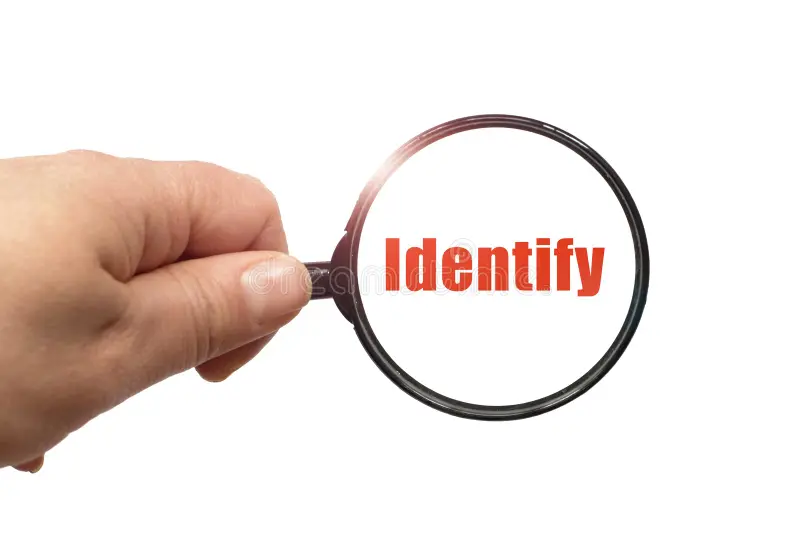Yescams – Complete Guidebook!

What are Yescams?
Yescams are a type of online scam where individuals are tricked into believing they are interacting with a legitimate service or person, only to later discover they have been deceived.
These scams often involve fake websites, emails, or messages that appear to be from reputable sources but are designed to steal personal information or money from unsuspecting victims.
Yescams can take many forms, including fake job offers, lottery scams, romance scams, and phishing emails. It is essential to be aware of the signs of yescams to protect yourself from falling victim to these fraudulent schemes.
How to Identify Yescams:
Yescams can be identified by certain red flags that indicate the legitimacy of the offer or communication.

Some common signs of a yescam include unsolicited emails or messages asking for personal information, requests for payment or wire transfers to claim a prize or job offer, and websites with poor grammar or spelling errors.
It is crucial to be cautious when encountering these warning signs and to verify the authenticity of any communication before taking any action.

Types of Yescams:
1. Lottery Scams:
Lottery scams involve individuals receiving notifications that they have won a lottery or prize draw, despite not having entered any contest.
Victims are then asked to pay a fee or provide personal information to claim their winnings, only to realize that the lottery was fake, and they have been scammed.
2. Romance Scams:
Romance scams occur when individuals are deceived into forming romantic relationships with scammers who manipulate them into sending money or gifts.
These scams often involve fake online profiles and emotional manipulation to exploit victims for financial gain.
3. Phishing Emails:
Phishing emails are fraudulent messages that appear to be from legitimate companies or organizations, prompting recipients to click on malicious links or provide sensitive information.
These emails are designed to steal personal data, such as login credentials or financial details, for fraudulent purposes.

How to Avoid Falling for Yescams:
Tips to Protect Yourself:
To avoid falling victim to yescams, it is essential to exercise caution when interacting with unknown individuals or websites.
Some tips to protect yourself from yescams include verifying the legitimacy of offers or communications, avoiding sharing personal information with unknown sources, and using secure payment methods for online transactions.
Also Read: Apple Teleporter – Click For The Full Scoop!
Reporting Yescams:
Steps to Take:
If you encounter a yescam or believe you have been targeted by a fraudulent scheme, it is crucial to report the incident to the relevant authorities.
You can report yescams to consumer protection agencies, online fraud reporting platforms, or local law enforcement to help prevent others from falling victim to similar scams.
Also Read: Tamilblaster – Unveiling the Ultimate Entertainment Platform!
Frequently Asked Questions
1. How can I protect myself from yescams?
To protect yourself from yescams, it is essential to be cautious when sharing personal information online, verify the legitimacy of offers or communications, and report any suspicious activity to the relevant authorities.
2. What should I do if I think I have been scammed?
If you believe you have been scammed, it is important to cease all communication with the scammer, report the incident to the appropriate authorities, and take steps to secure your personal information and financial accounts.
3. Are yescams illegal?
Yes, yescams are illegal activities that aim to deceive individuals for financial gain. Engaging in yescams can lead to criminal charges and legal consequences for the perpetrators.
4. How can I spot a fake website or email?
Fake websites and emails often contain spelling or grammar errors, request personal information or payment upfront, and use generic greetings instead of personalized messages. It is essential to verify the authenticity of websites and emails before providing any sensitive information.
5. Can yescams be reported anonymously?
Yes, yescams can be reported anonymously to protect your identity while alerting authorities to fraudulent activities. Reporting scams anonymously can help prevent further victims from falling for similar schemes.
6. What are the most common targets of yescams?
Yescams often target vulnerable individuals, such as the elderly, immigrants, or individuals seeking job opportunities or romantic relationships online. Scammers exploit these vulnerabilities to manipulate victims into falling for their fraudulent schemes.
7. How can I educate others about yescams?
You can educate others about yescams by sharing information about common scam tactics, warning signs to look out for, and steps to take if they suspect they have been targeted by a scam. Raising awareness about yescams can help protect others from falling victim to fraudulent activities.
Conclusion:
“Yescams are pervasive online scams designed to deceive individuals into providing personal information or money under pretenses. By recognizing the warning signs, exercising caution, and reporting suspicious activity, individuals can protect themselves and others from falling victim to these fraudulent schemes.”
Must Read:



